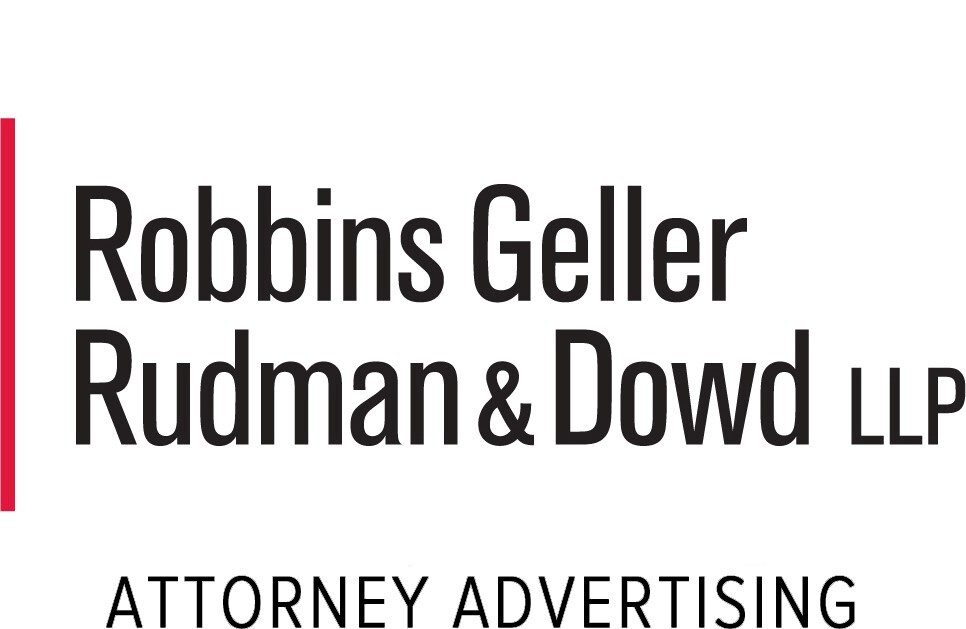Business
Baxter International Faces Class Action Lawsuit Over Pump Defects

Investors in Baxter International, Inc. have the opportunity to lead a class action lawsuit following significant allegations regarding the company’s Novum IQ Large Volume Pump. The lawsuit, initiated by the Electrical Workers Pension Fund, Local 103, I.B.E.W., claims that Baxter and its executives violated the Securities Exchange Act of 1934.
Purchasers of Baxter common stock between February 23, 2022, and July 30, 2025, are urged to act by December 15, 2025, to be considered for lead plaintiff status in this case, which is filed under the case number 25-cv-12672 in the Northern District of Illinois.
Robbins Geller Rudman & Dowd LLP announced the lawsuit on October 29, 2025, revealing that Baxter’s Novum IQ pump allegedly experienced systemic defects leading to serious malfunctions. These issues reportedly included underinfusion, overinfusion, and complete non-delivery of fluids, putting patients at risk of severe injury or even death.
Baxter was allegedly aware of multiple device malfunctions and the associated injuries, but its efforts to address these problems through customer alerts were insufficient, according to the lawsuit. The complaint alleges that Baxter’s design flaws persisted, resulting in ongoing harm to patients.
On July 31, 2025, Baxter announced a voluntary and temporary halt to shipments and installations of the Novum LVP, stating it could not guarantee a timeline for resuming these operations. This announcement led to a significant downturn, with Baxter’s stock price plummeting by more than 22%.
Details of the Allegations
The class action lawsuit outlines several key allegations against Baxter and its executives. It asserts that the defendants made false or misleading statements throughout the Class Period. Notably, it claims that Baxter’s attempts to rectify the issues were inadequate and that they failed to disclose the full extent of the malfunctions to investors and the public.
The lawsuit contends that these failures not only jeopardized patient safety but also significantly impacted the company’s financial standing. As a result, Baxter’s stockholders have suffered substantial losses, prompting the call for a lead plaintiff to represent their interests in the ongoing litigation.
The lead plaintiff process, as defined by the Private Securities Litigation Reform Act of 1995, allows any investor who purchased Baxter common stock during the Class Period to seek this role. The lead plaintiff will represent all class members and can select the legal firm to handle the case. Importantly, an investor’s potential recovery is not contingent on being the lead plaintiff.
The Role of Robbins Geller Rudman & Dowd LLP
Robbins Geller Rudman & Dowd LLP is recognized as one of the leading firms specializing in securities fraud and shareholder litigation. The firm has secured over $2.5 billion in recoveries for investors in 2024 alone, placing it at the forefront of securities class action recoveries globally.
With a team of approximately 200 attorneys across ten offices, Robbins Geller has a strong track record of achieving significant settlements for investors, including many of the largest recoveries in history.
For those affected by the alleged issues with Baxter’s Novum IQ pump, there is a pathway to seek justice through this class action. Interested investors can find more details and initiate their participation by visiting the firm’s official website or contacting the attorneys directly.
This lawsuit underscores the importance of accountability in the healthcare sector and the need for transparency regarding product safety and corporate disclosures. As the legal proceedings unfold, the implications for Baxter and its investors will become increasingly clear.
-

 Science2 weeks ago
Science2 weeks agoIROS 2025 to Showcase Cutting-Edge Robotics Innovations in China
-

 Politics2 weeks ago
Politics2 weeks agoJudge Considers Dismissal of Chelsea Housing Case Citing AI Flaws
-

 World2 weeks ago
World2 weeks agoBravo Company Veterans Honored with Bronze Medals After 56 Years
-

 Lifestyle2 weeks ago
Lifestyle2 weeks agoStone Island’s Logo Worn by Extremists Sparks Brand Dilemma
-

 Health2 weeks ago
Health2 weeks agoStartup Liberate Bio Secures $31 Million for Next-Gen Therapies
-

 Top Stories2 weeks ago
Top Stories2 weeks agoIndonesia Suspends 27,000 Bank Accounts in Online Gambling Crackdown
-

 Health2 weeks ago
Health2 weeks agoTop Hyaluronic Acid Serums for Radiant Skin in 2025
-

 Sports2 weeks ago
Sports2 weeks agoMel Kiper Jr. Reveals Top 25 Prospects for 2026 NFL Draft
-

 World2 weeks ago
World2 weeks agoHoneywell Predicts Record Demand for Business Jets Over Next Decade
-

 Politics2 weeks ago
Politics2 weeks agoNew Jersey Voters Urged to Register Ahead of November Election
-

 Lifestyle2 weeks ago
Lifestyle2 weeks agoMary Morgan Jackson Crowned Little Miss National Peanut Festival 2025
-

 Sports2 weeks ago
Sports2 weeks agoYamamoto’s Mastery Leads Dodgers to 5-1 Victory in NLCS Game 2







